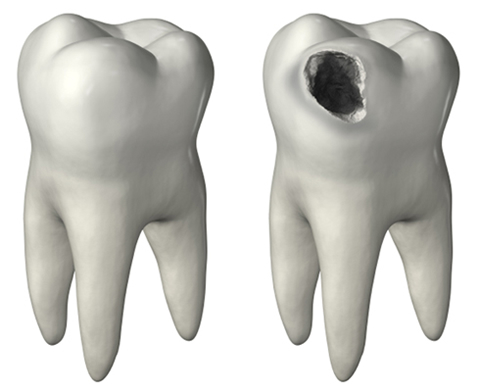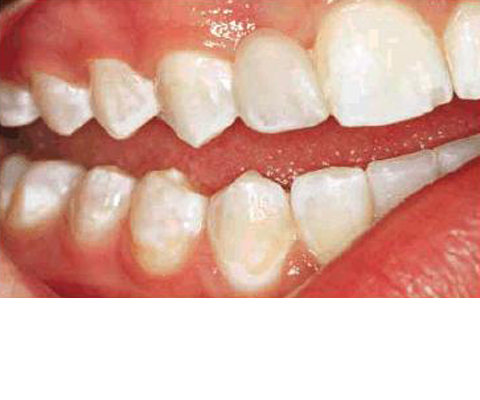Aetiology of Caries course for Dental Practice



This session provides an introduction to the basic aetiology of dental caries. The multifactorial nature of the disease and the major causative and protective factors are discussed.
Learning Objectives
By the end of this session you will be able to:
- Recognise that caries is a multifactorial disease
- Demonstrate an understanding of the caries balance
- List the causative factors and protective factors affecting the development of caries
- Identify patients who may be at particular risk of caries
Caries is a chronic, normally slowly progressing disease that is rarely self-limiting, with the end point being tooth destruction and loss.
It is often forgotten that caries is an infectious disease caused by acquired microbiological flora. For most of us, this first colonisation occurs at initial contact with our mothers. It represents the most prevalent chronic infectious disease in the world and remains the most common cause of tooth damage and loss.
Iain is a Senior Lecturer and Honorary SpR in Dental Public Health. He joined the School of Dentistry at the University of Manchester in 2002 as a clinical teacher and then spent a year as a Research Fellow at the Dental Health Unit. His research interests lie in the assessment of diagnostic methodologies in dentistry and the current focus of this work is early caries detection. Iain has attracted over £1 million in research funding for these projects. The diagnostic team is currently examining the following aspects of oral diagnosis:
• Caries: assessment of optical and electronic methods of early caries detection
• Gingivitis: examining the possibility of using laser doppler, thermal imaging and 3D laser scanning to assess gingival inflammation and assess novel means of objectively measuring this condition
• Fluorosis: using fluorescent imaging to develop more objective and quantative measures of enamel fluorosis; this is a key target of the MRC and Department of Health
Iain also have a keen interest in forensic dentistry and currently there is one student undertaking a PhD in this discipline.
Iain is a Department of Health (NIHR) Clinician Scientist and, as such, much of his time is spent delivering a series of research projects concerning water fluoridation. He is also the School of Dentistry’s Postgraduate Director.

- Medical and Pharmacology | Human diseases and medi...
- Posted By eIntegrity Healthcare e-Learning
- Posted Date: 2024-12-06
- Location:Online
- This session will describe rheumatoid arthritis (RA), systemic lupus erythaematosus (SLE) and Sjögren’s syndrome. It will also identify the medications used for each condition and consider the impact of each condition on dental care.
- Medical and Pharmacology | Human diseases and medi...
- Posted By eIntegrity Healthcare e-Learning
- Posted Date: 2024-12-06
- Location:Online
- This session provides an overview of some of the clinically important respiratory challenges you may come across as a dental practitioner.
- Medical and Pharmacology | Human diseases and medi...
- Posted By eIntegrity Healthcare e-Learning
- Posted Date: 2024-12-06
- Location:Online
- This session describes the signs and symptoms that may manifest in patients diagnosed with common renal problems and the relevance of common renal disorders to the delivery of dental care.
- Medical and Pharmacology | Human diseases and medi...
- Posted By eIntegrity Healthcare e-Learning
- Posted Date: 2024-12-06
- Location:Online
- This session will look at the relevance of common neurological disorders to the delivery of dental care by the dental practitioner.
- Medical and Pharmacology | Human diseases and medi...
- Posted By eIntegrity Healthcare e-Learning
- Posted Date: 2024-12-06
- Location:Online
- This session will look at the signs and symptoms of neurological disorders and how the dental practitioner may recognise them.






